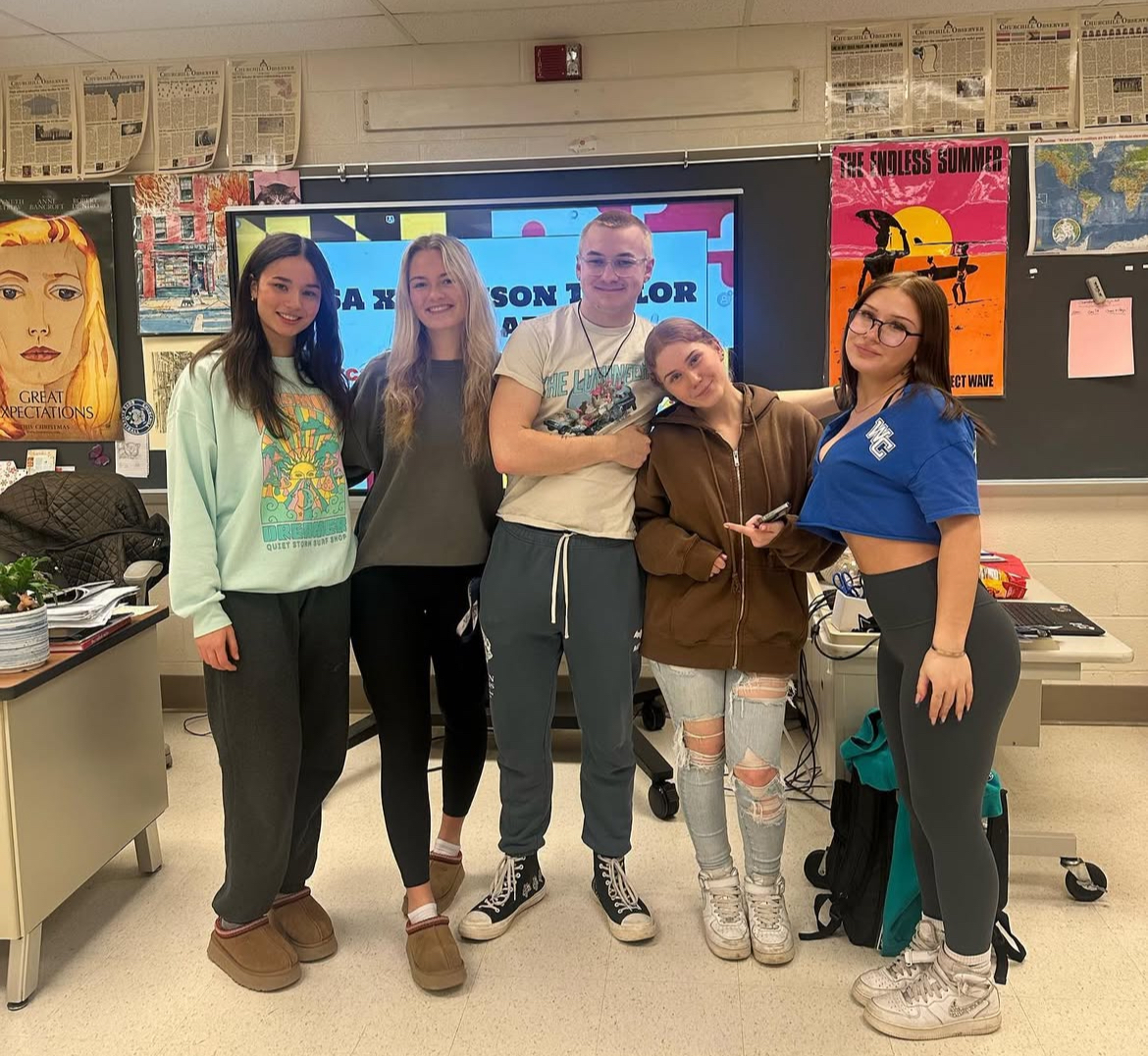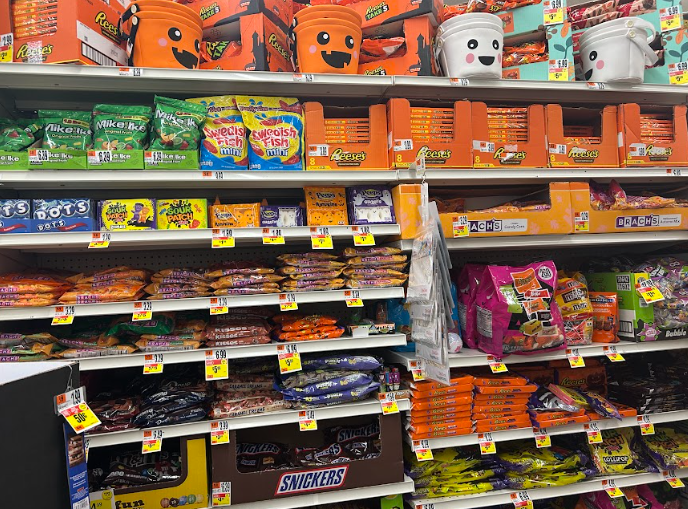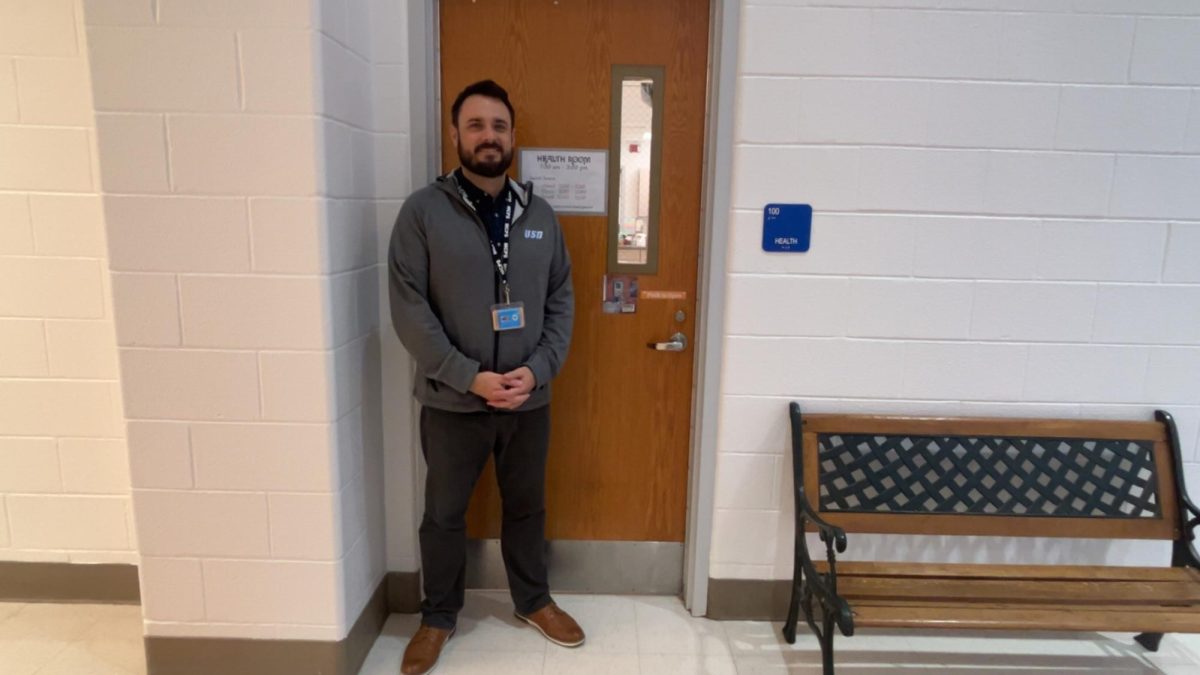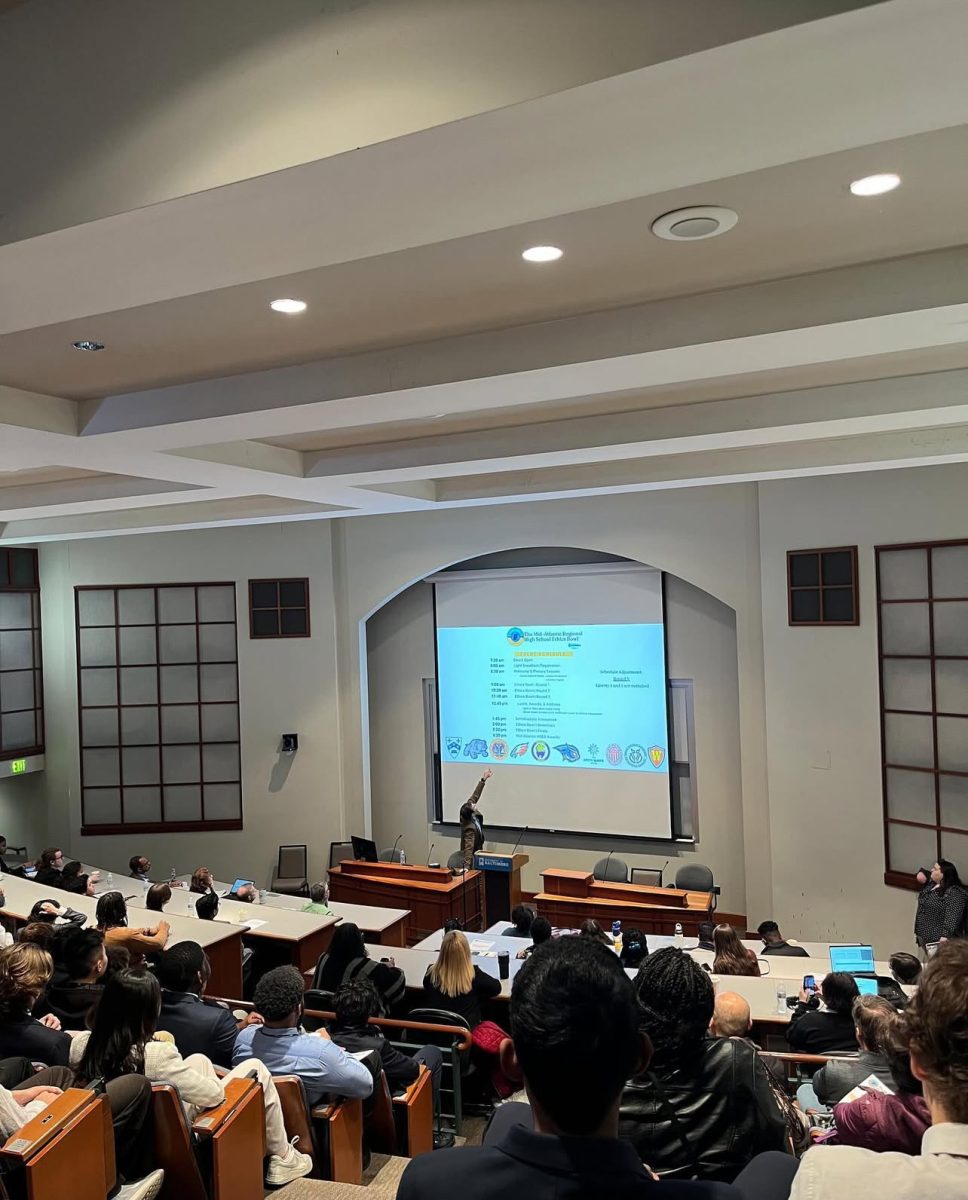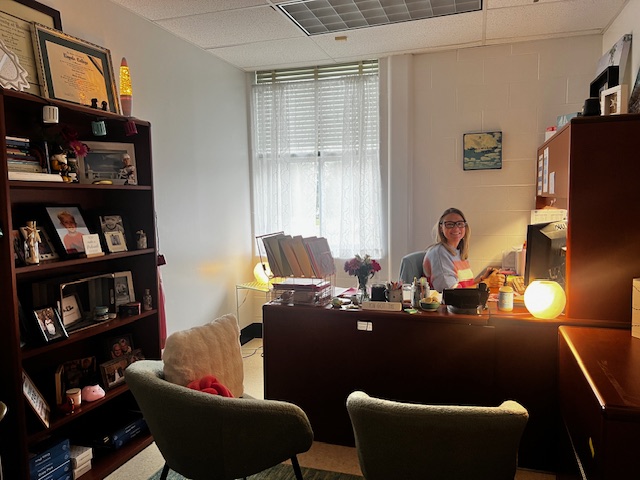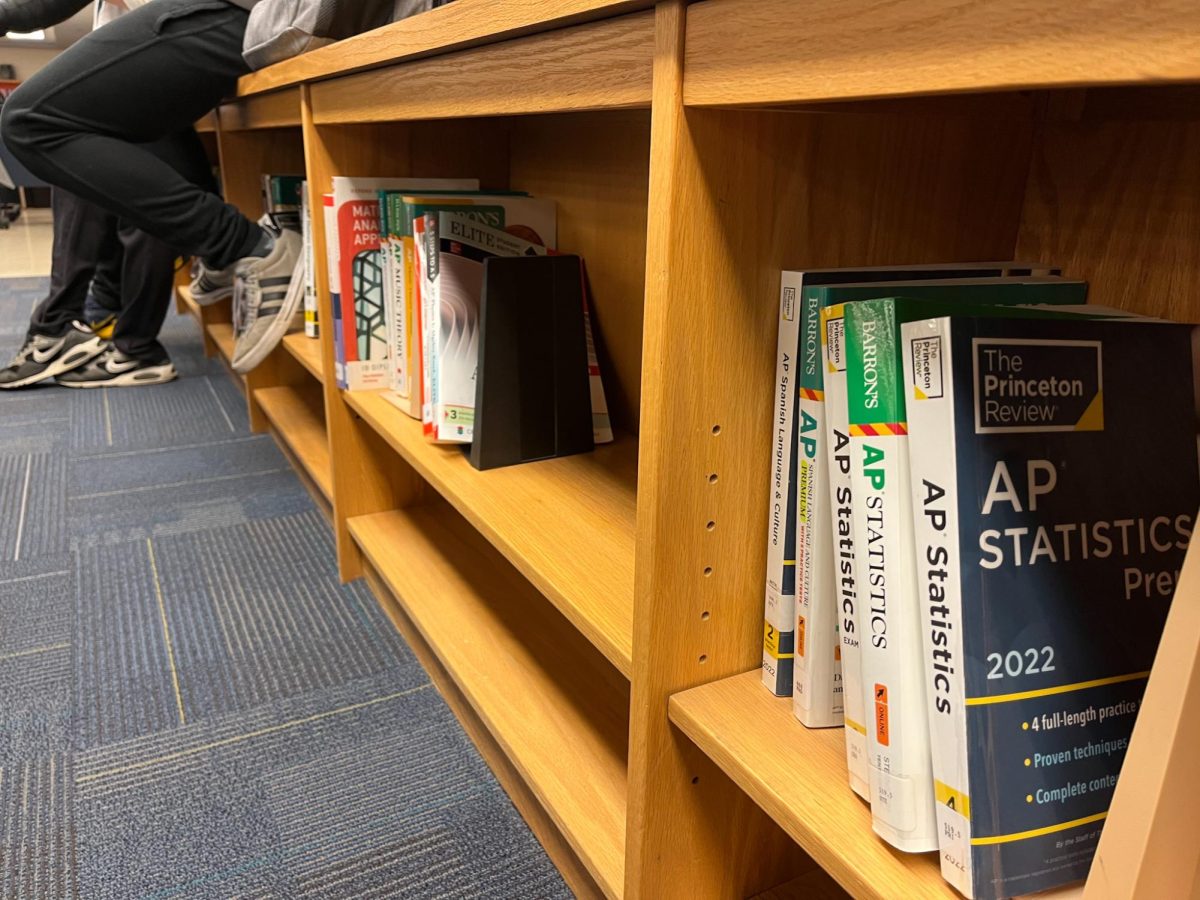Every MCPS teen knows the saying “Say No to Drugs.” It is taught in our health classes throughout middle and high school. So, why is the Drug Enforcement Administration (DEA) hiring high school and college students to become anti-weed ambassadors? In honor of April 20 being the unofficial holiday for cannabis users, the DEA wants teens and young adults to make Instagram videos to bring awareness to the dangers of cannabis use and alternatives to cannabis drugs.
“Due to the recent legalization of weed and other cannabis products, their popularity within common spaces has grown, and many have started to think that they are non-addictive/non-toxic substances,” Dawgs Against Substance Abuse (DASA) Founder and WCHS senior Sarah Bland said. “In actuality, a large portion of the research that supports the health benefits of cannabis is conducted in controlled populations or in reduced potency samples which are not applicable to a general population. This means cannabis is often viewed as a healthy or medicinal alternative to other substances despite its history of exacerbating conditions such as PTSD, depression and mood disorders.”
With recreational marijuana now being legal for adults 21 years and older in 24 states across the United States, including Maryland, the DEA is moving to reclassify the drug to a less dangerous category under the Controlled Substances Act. Yet, the DEA still wants teens who will soon be 21 to understand the side effects and risks associated with marijuana use. In DASA, members focus on how drugs are conveyed in popular media forms and how there is often mis-messaging.
“Due to its romanticization in the media and careful advertising, weed has become congruent with an increasingly popular culture of carefree messaging and just drug culture in general,” Bland said. “Additionally, the majority of side effects associated with weed and tetrahydrocannabinol (THC), the main psychoactive compound in cannabis, are falsely based on a specific batch as opposed to a traceable pattern of symptoms from repeated cannabis use.”
Similar to the efforts of the DEA’s teen ambassadors, Bland and WCHS junior Vicky Kaprielian started DASA to inform WCHS students about the dangers of substance abuse and the impacts of addiction. The club uses lots of facts and data to educate students and help them understand the consequences of their actions, but they also try to make sure the club is in a comfortable environment for their members.
“One of the priorities I established at the beginning of DASA was ensuring that we opened a safe space for teens to feel comfortable sharing their experiences in our meetings,” Bland said. “We start with an activity to establish a baseline of information and then share relevant statistics about the meeting topic. For instance, at our cannabis meeting, we had a focus on cannabis’ long-term mental health ramifications such as the increased risk of psychosis, a permanent decrease of IQ and issues with emotional regulation.”
As the DEA has recognized that it is easier for teens to trust people who are the same age, they are paying teens $25 for their videos. WCHS senior and Umttr co-president Aileen Hsur understands that there are other qualities that teens have that make them better ambassadors to reach a teen audience.
“Teens tend to trust their peers because they are the same age, allowing for them to have similar experiences and mindsets,” Hsur said. “Many teens that I know have the same interests as me, so I find that it is easier to relate to them. When you are able to relate to someone, they become more credible, which is a key thing that teen ambassadors need when advocating against cannabis use.”
As a co-president of the Umttr club at WCHS, which focuses on suicide awareness and prevention, Hsur has seen and experienced firsthand the power of teen voices and what it takes to be respected as a teen ambassador. As marijuana use will only continue, the DEA states that it is committed to “ensuring the safety and health of American communities,” including using teens to advocate for a safer and more limited use of cannabis and related products.
“To make a teen ambassador more respected and reliable, they should have strong morals by sticking to their cause and beliefs,” Hsur said. “It is important that ambassadors are also morally correct in the lens of society. Teenagers have the power to create lots of change just through advocacy in clubs and as teen ambassadors.”


